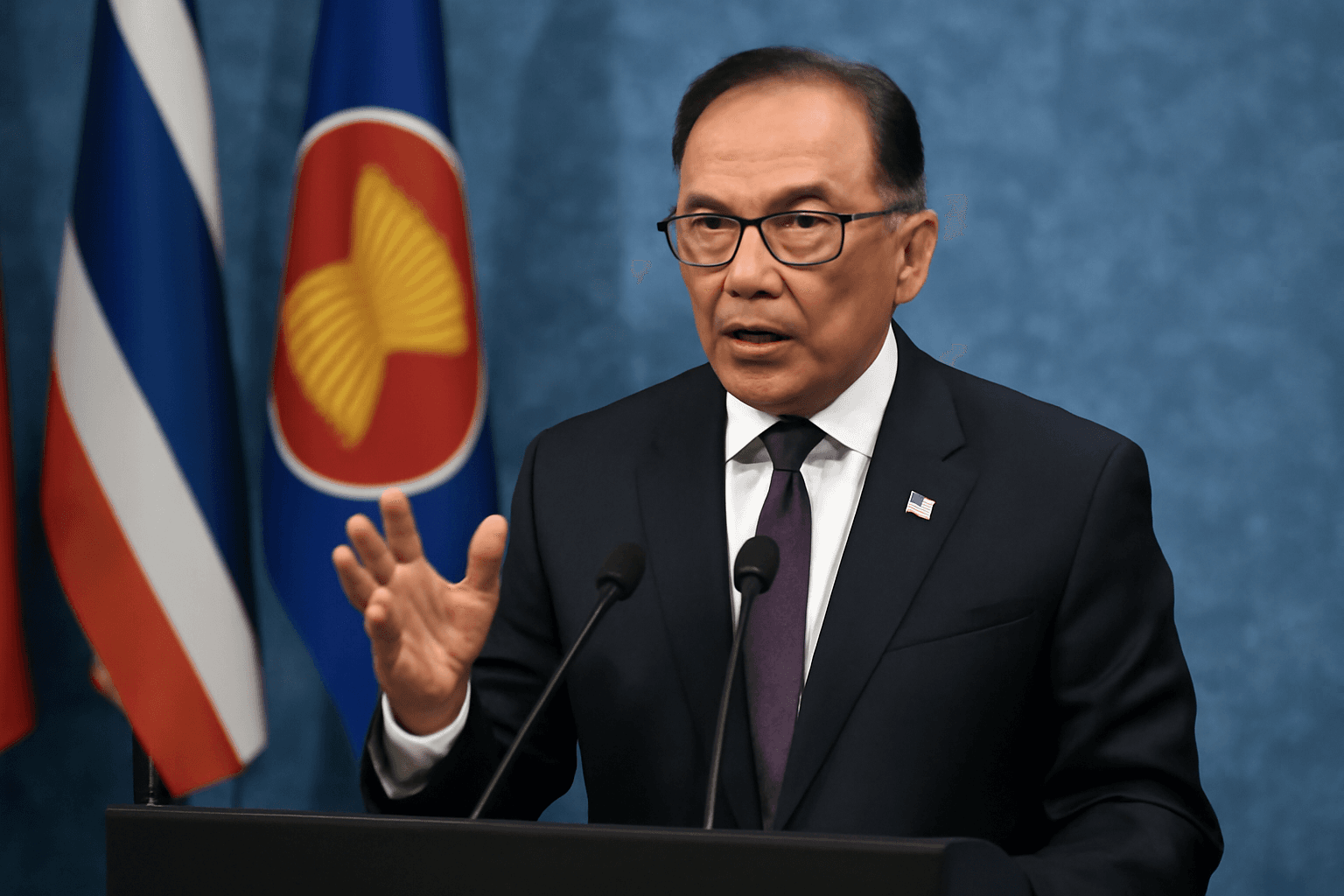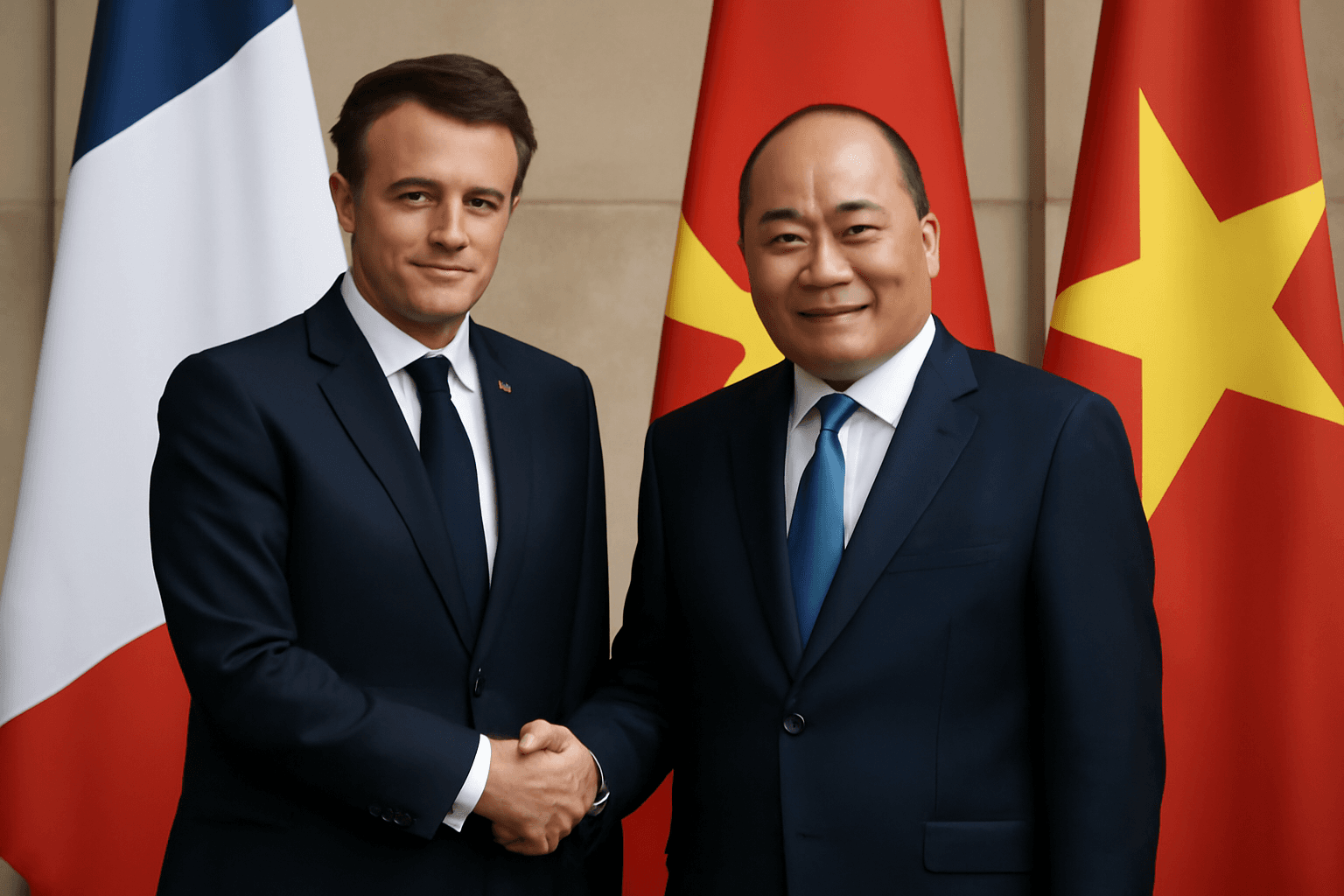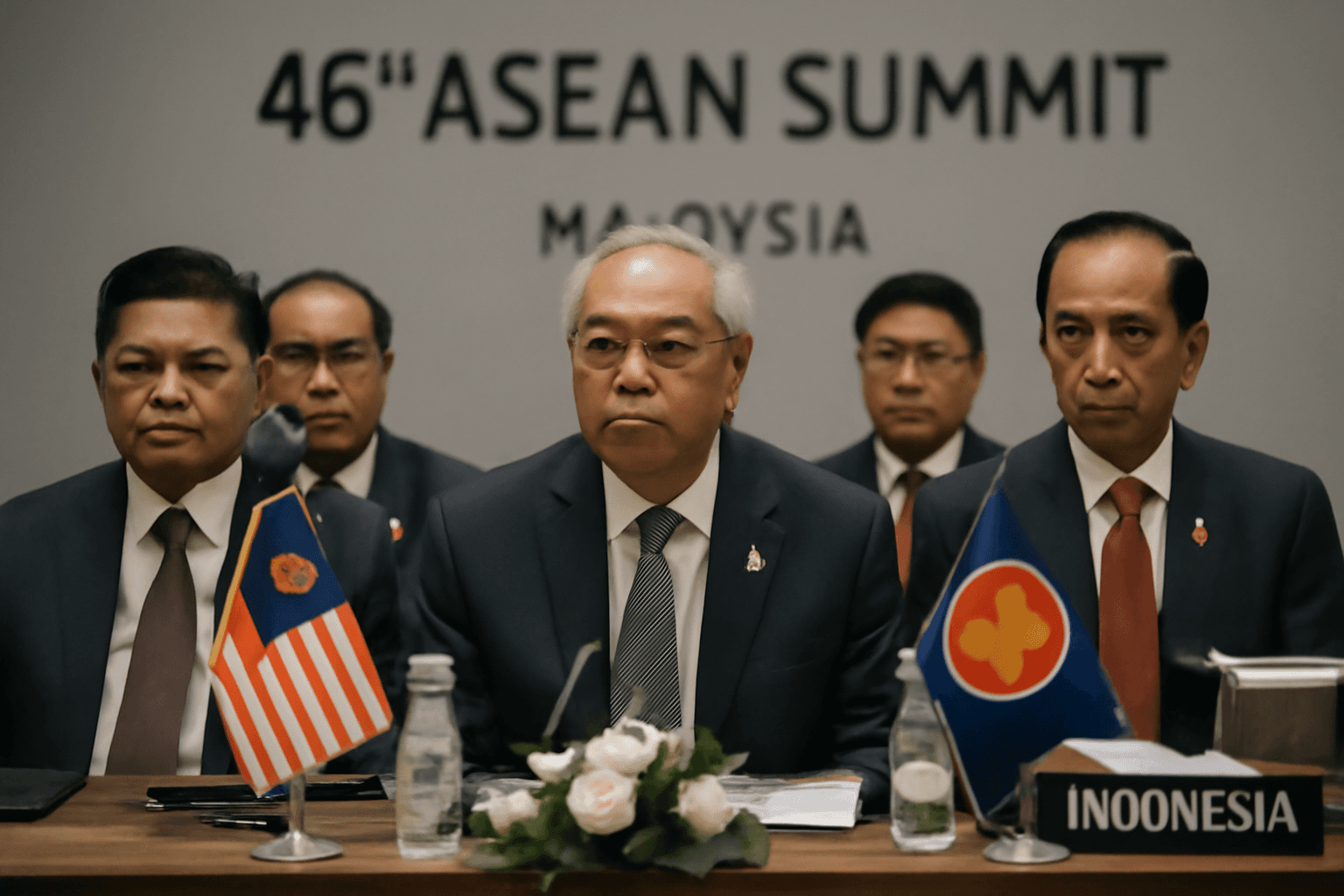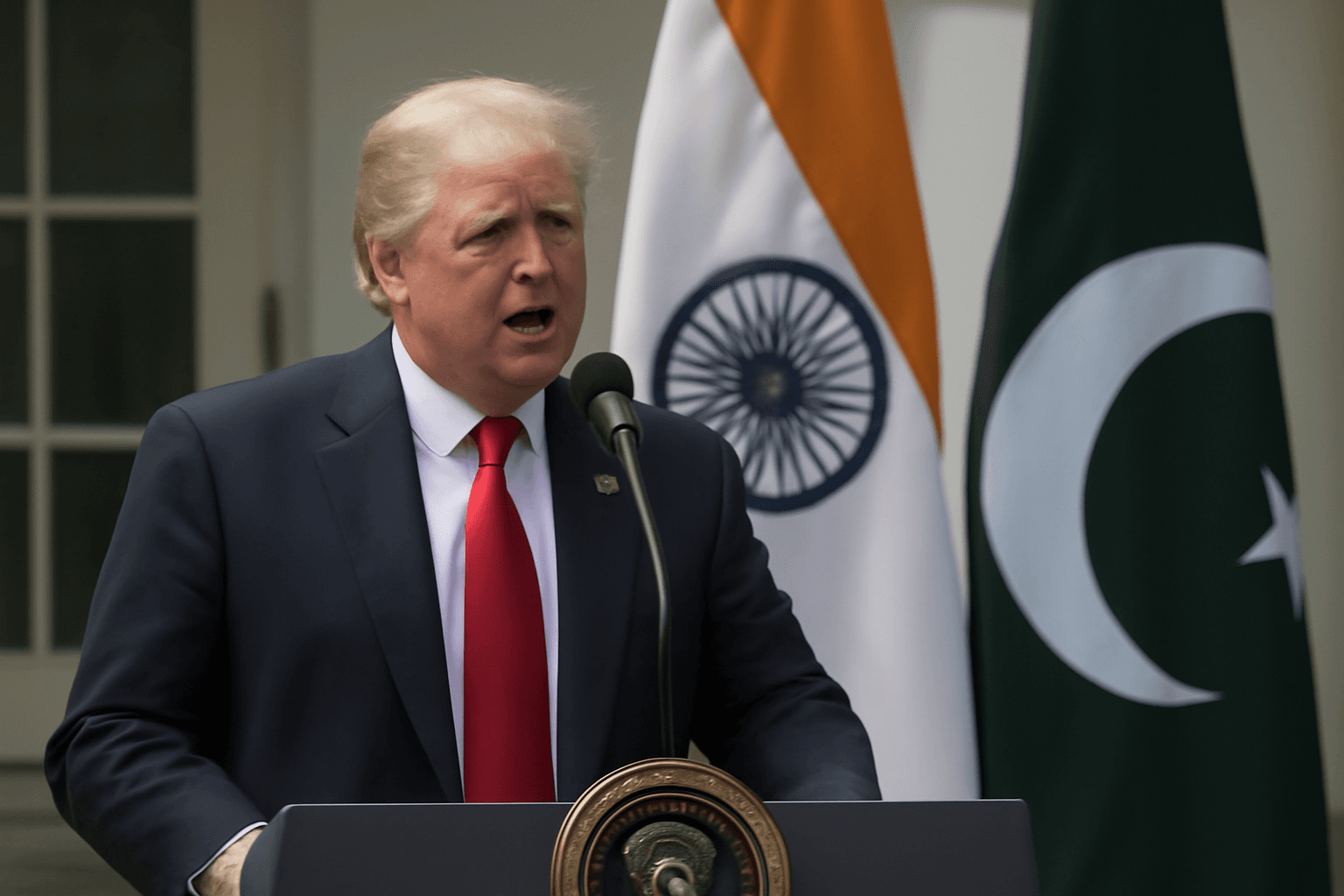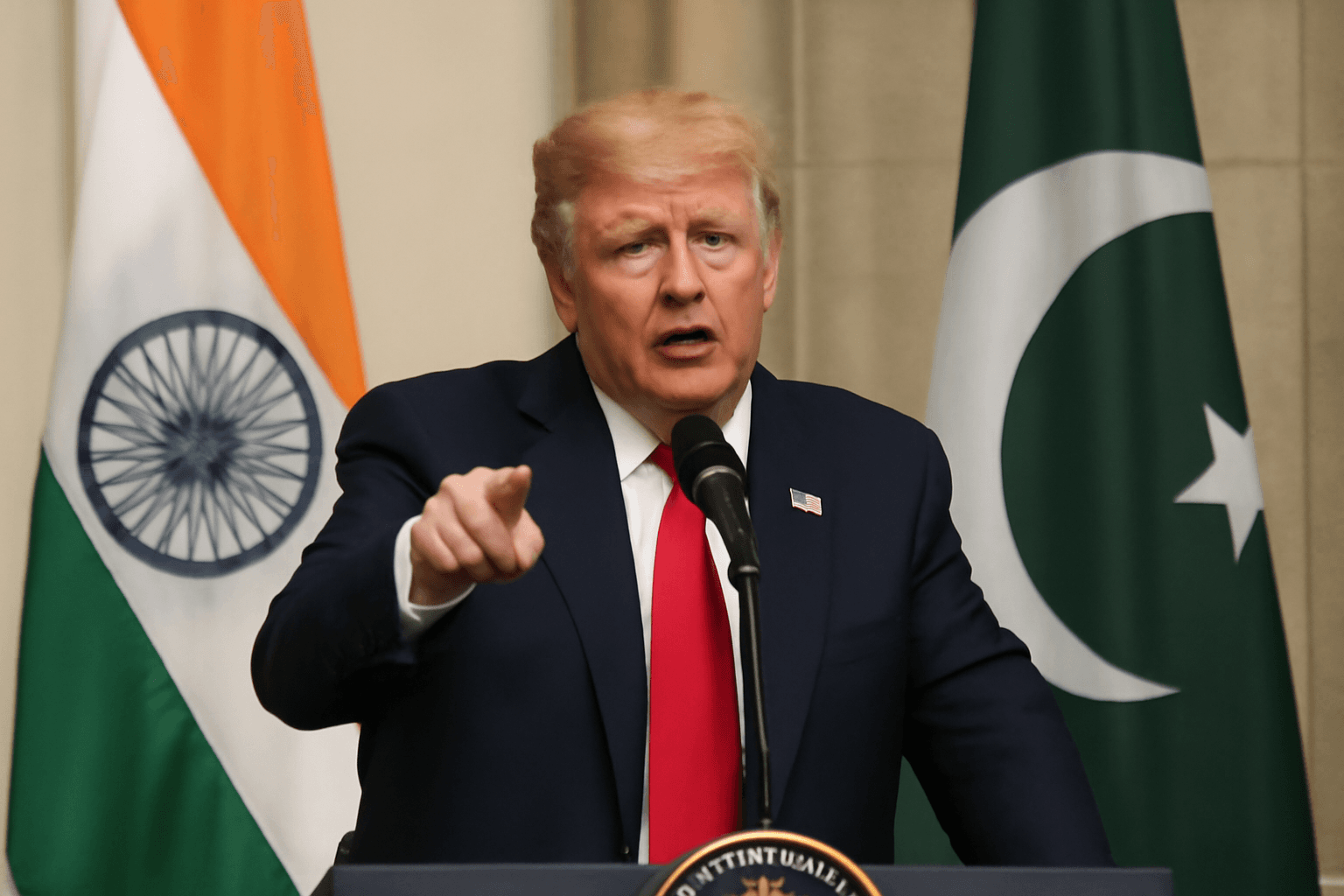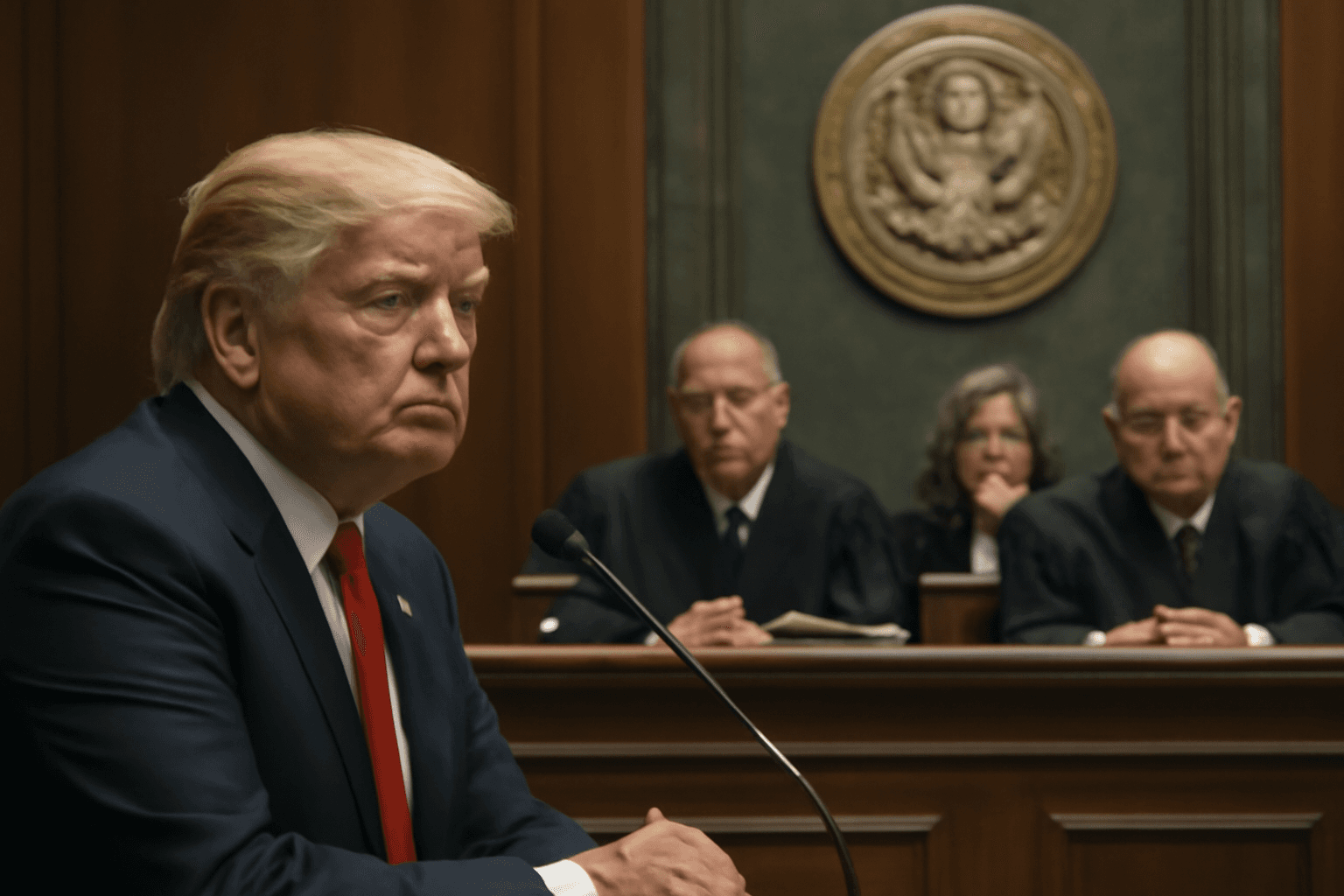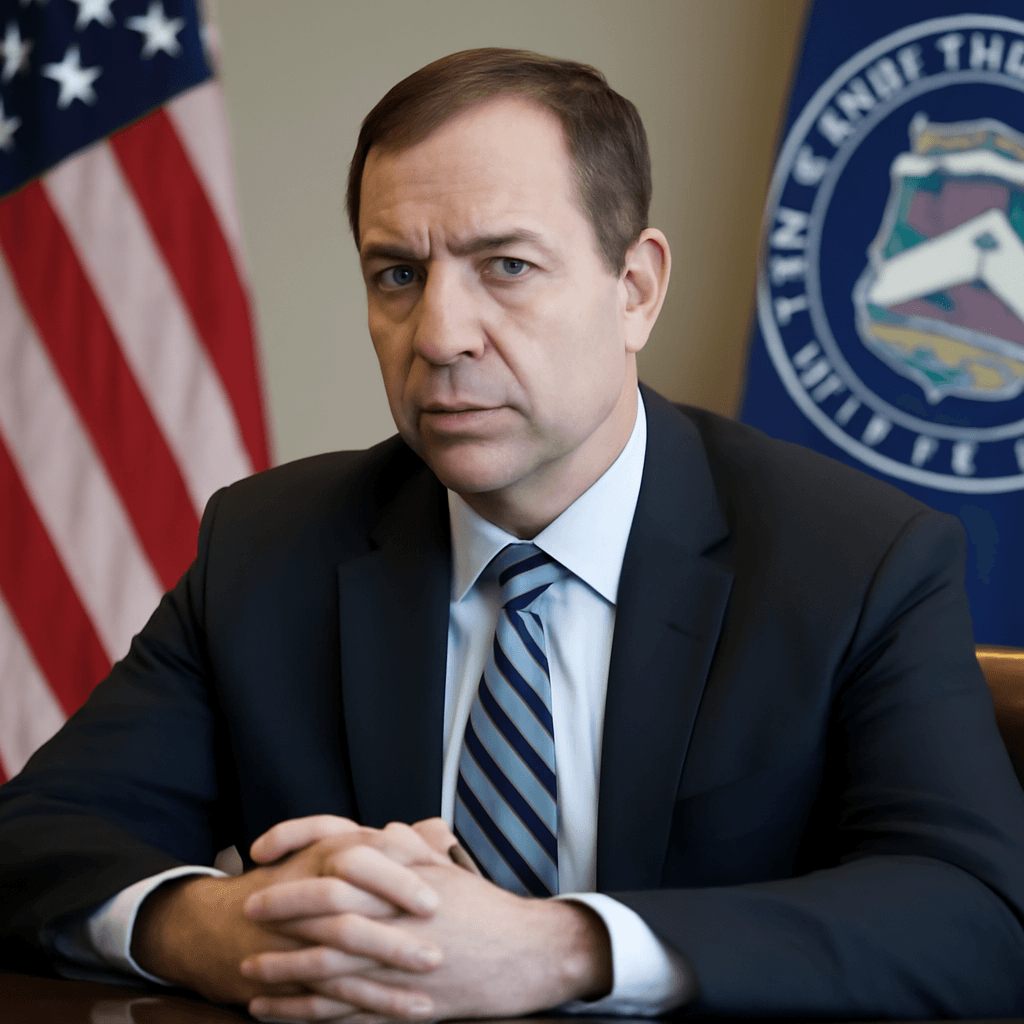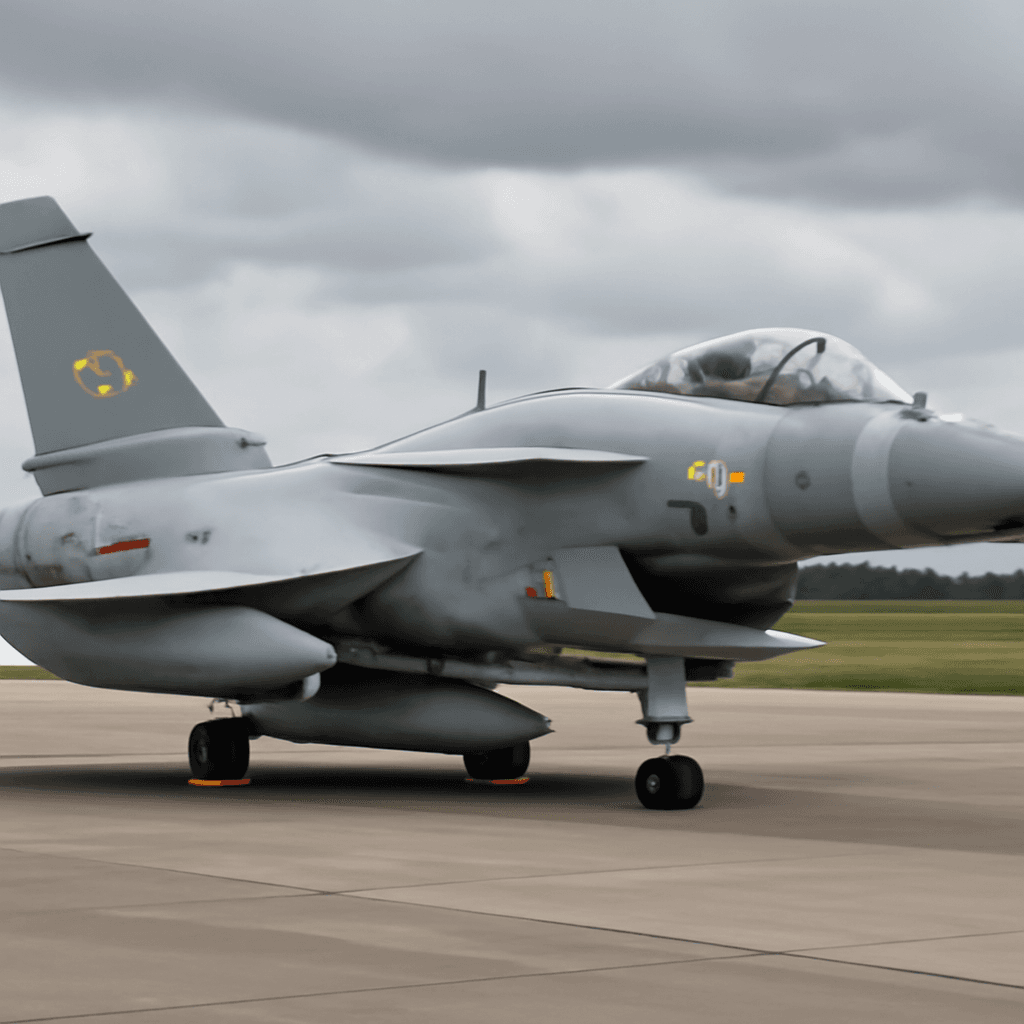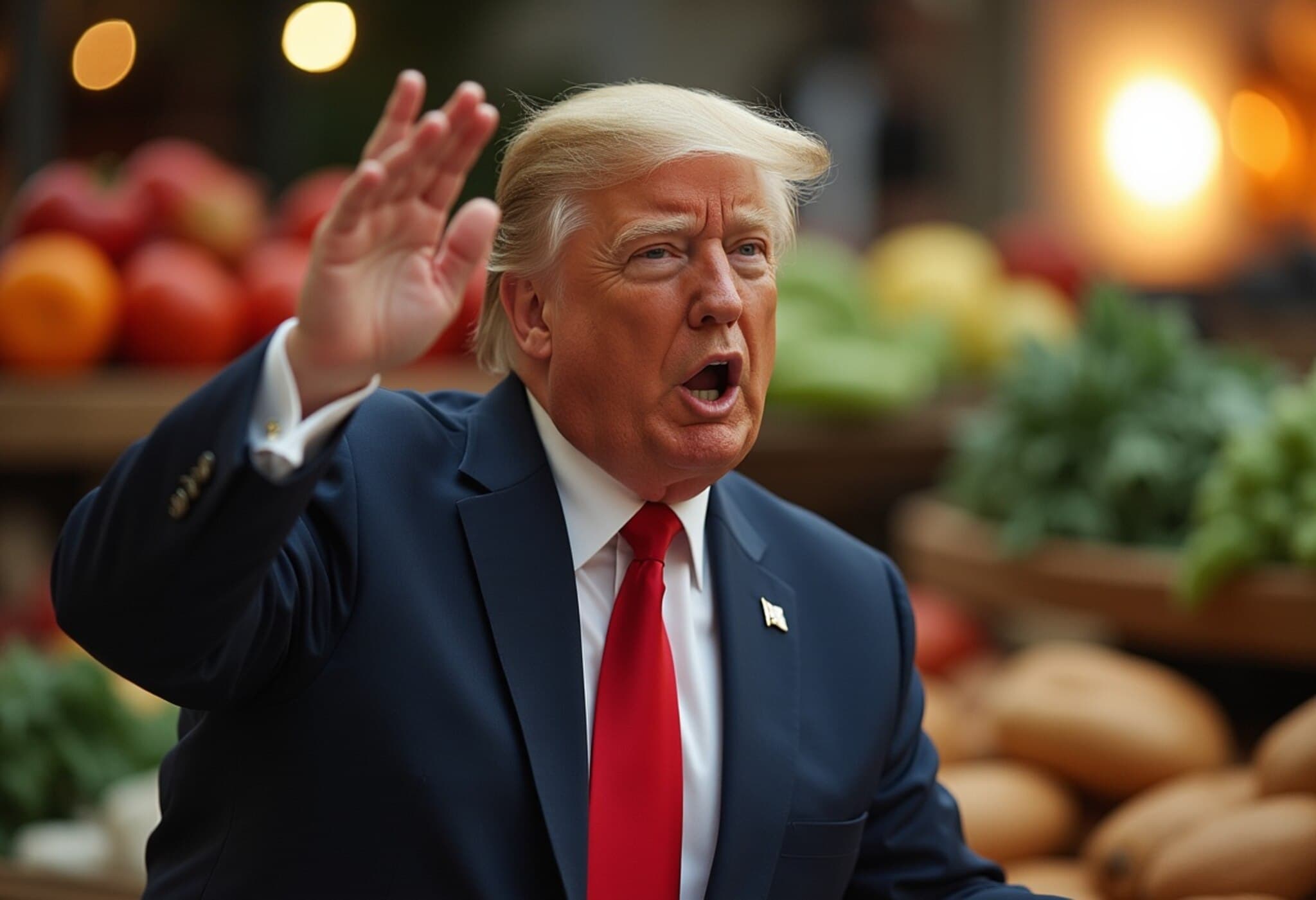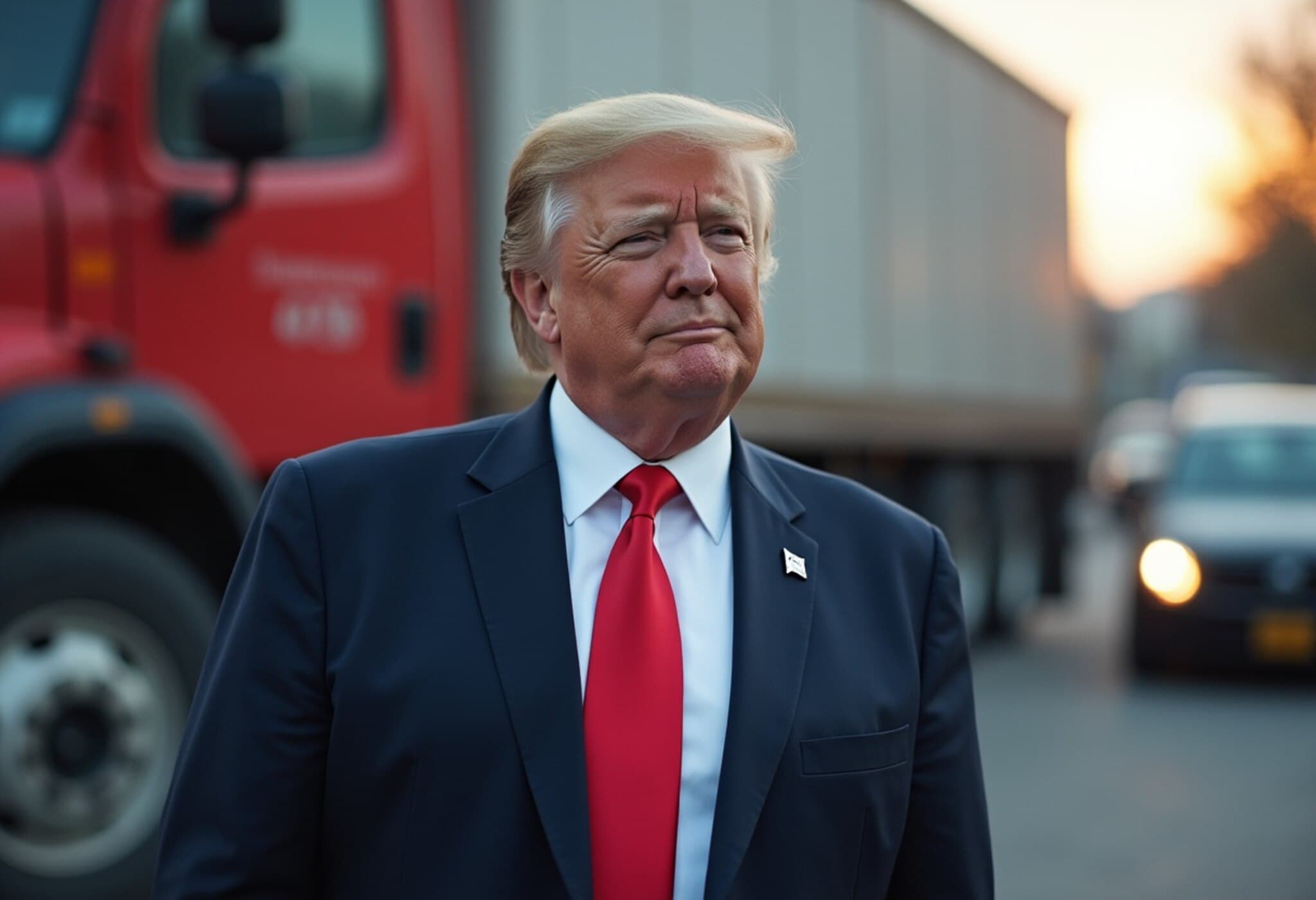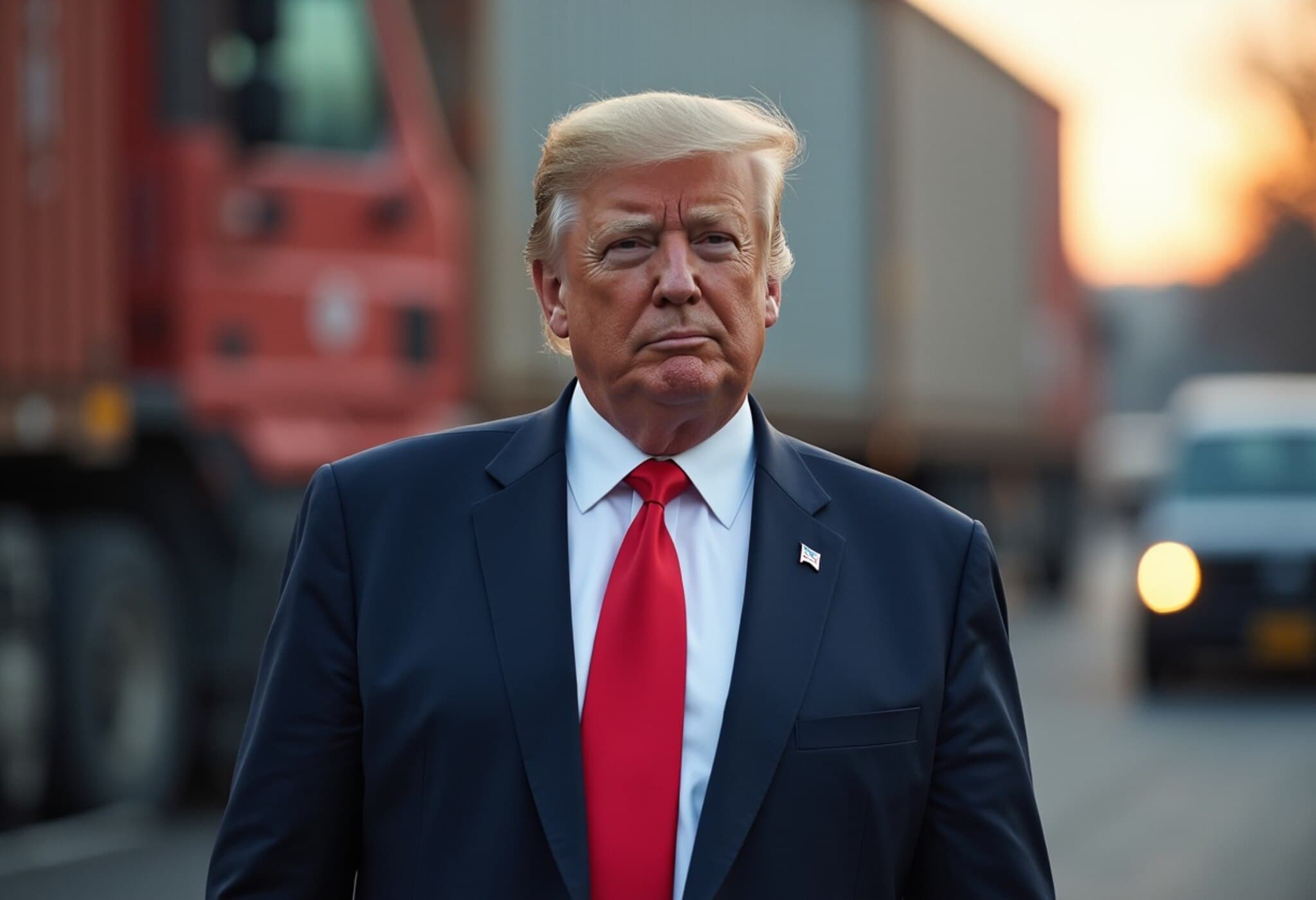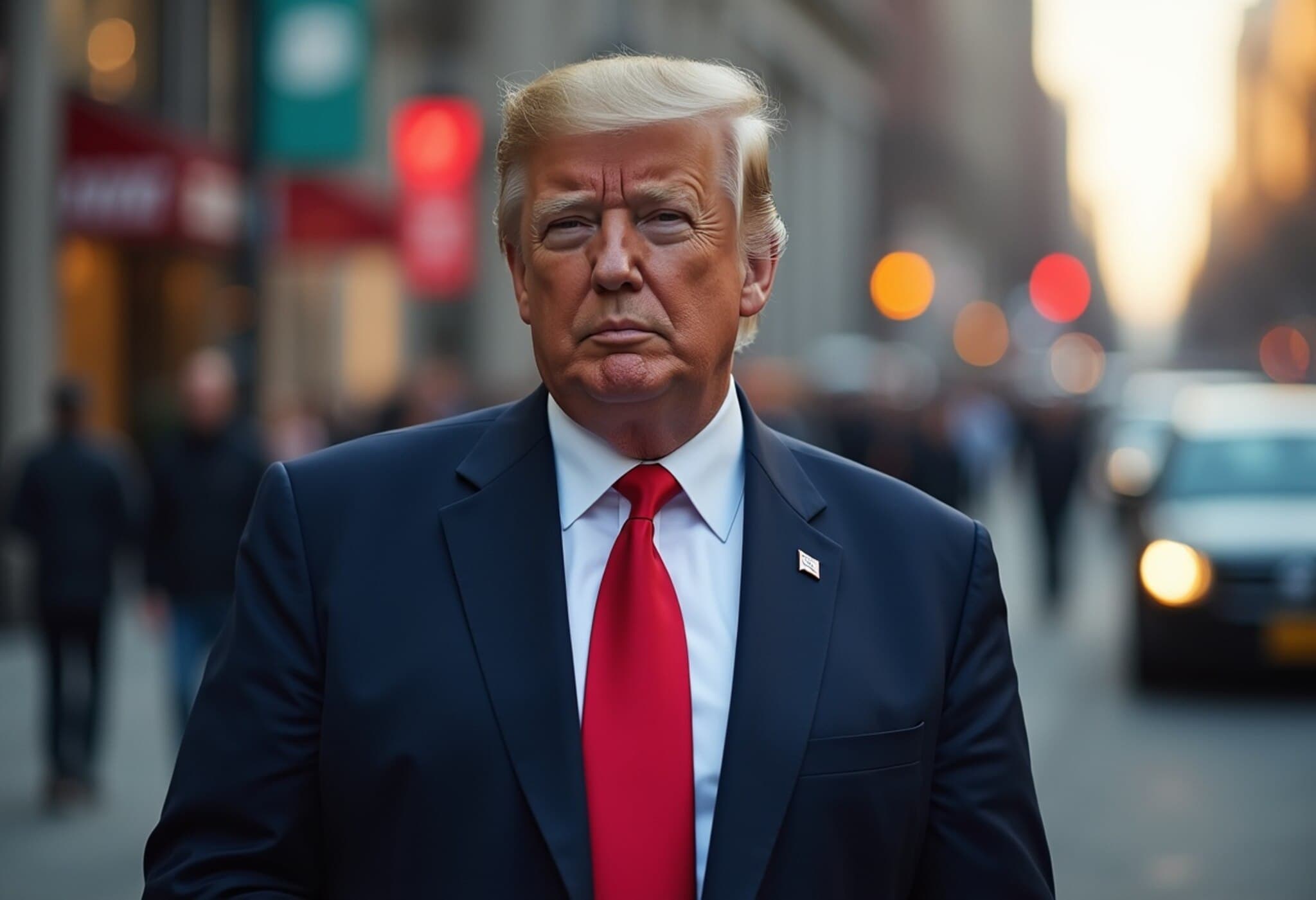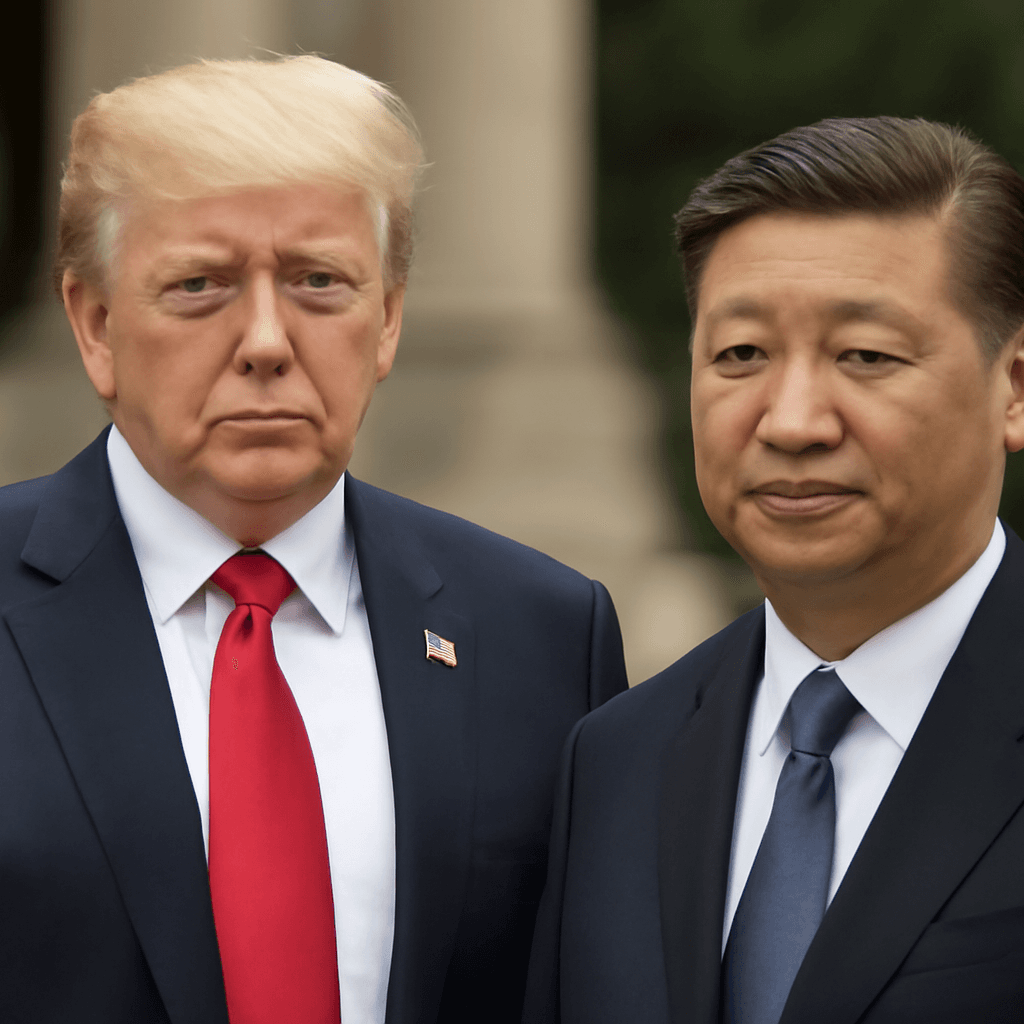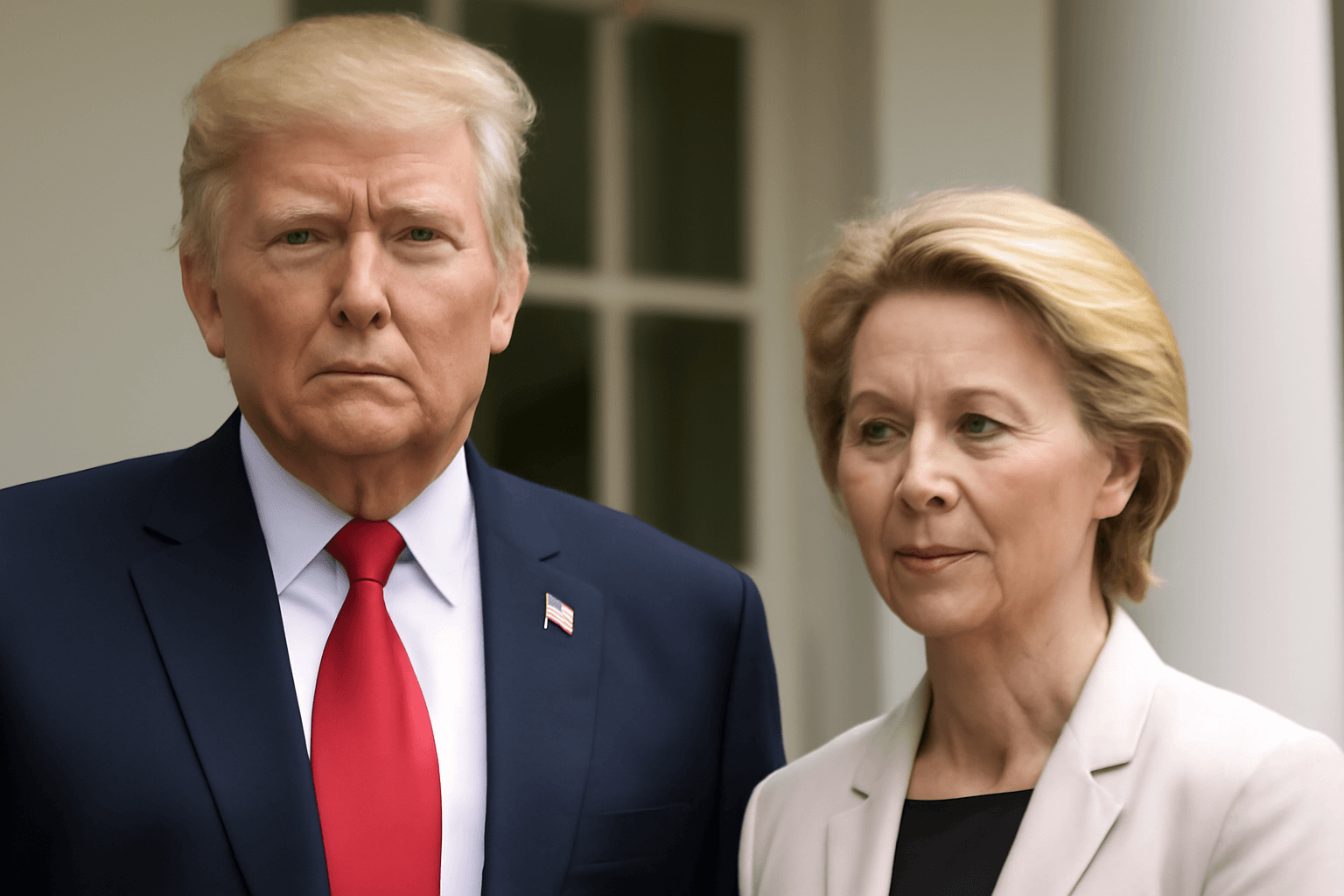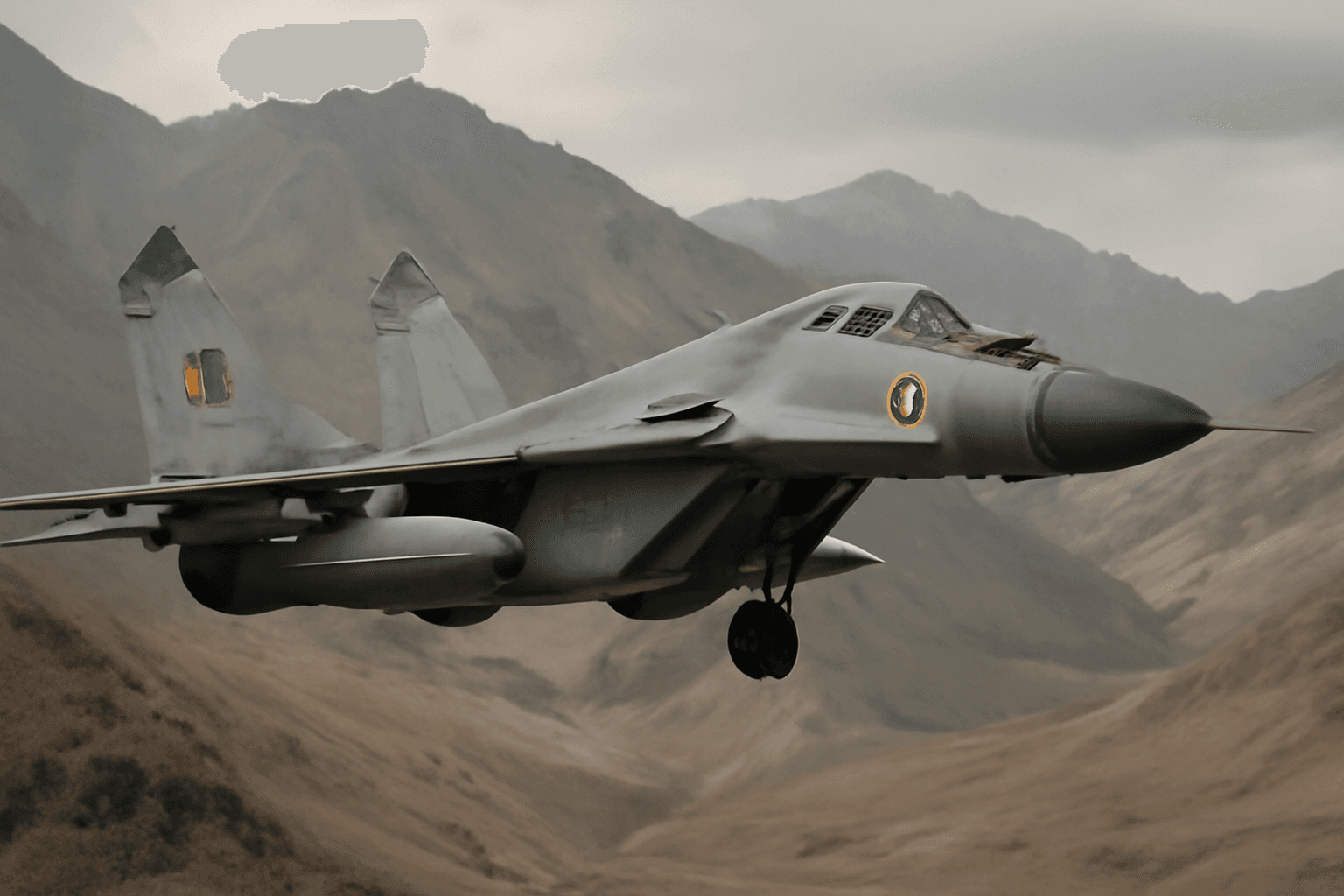KUALA LUMPUR, Malaysia — Southeast Asian nations are preparing to present a united front to confront challenges posed by U.S. tariffs and the ongoing civil conflict in Myanmar. Malaysian Prime Minister Anwar Ibrahim made this announcement on Monday during the opening of the annual summit of the Association of Southeast Asian Nations (ASEAN).
Prime Minister Anwar emphasized the need for a collective meeting with U.S. President Donald Trump to address tariff concerns, an initiative that officials hope will materialize later this year. As the current chair of ASEAN, Malaysia is leading these discussions.
“For ASEAN, our peace, stability, and prosperity have often depended on an open, inclusive, rules-based international order... These foundations are now being dismantled under the force of arbitrary action,” Anwar stated.
To tackle the effects of U.S. tariffs, which range from 10% for Singapore up to 49% for Cambodia, ASEAN has established a task force to coordinate a response alongside ongoing bilateral negotiations among member countries. The region’s economies, including Singapore, Indonesia, Malaysia, Thailand, and the Philippines, rely heavily on exports to the United States.
In April, Trump announced a temporary 90-day halt on tariffs for most countries and has since reached similar agreements with China, which may alleviate some trade tensions.
Prime Minister Anwar revealed that an upcoming leaders' meeting with Chinese Premier Li Qiang and members of the Gulf Cooperation Council (GCC) aims to foster enhanced cooperation that could help protect ASEAN's economy. The GCC consists of Bahrain, Kuwait, Oman, Qatar, Saudi Arabia, and the UAE.
Moreover, a new 20-year vision for economic and social integration within the bloc will be launched later on Monday.
On the issue of Myanmar, Anwar disclosed that Malaysia has made progress in addressing the ongoing crisis by establishing an informal advisory group led by former Thai Prime Minister Thaksin Shinawatra. Anwar highlighted his recent meetings with Myanmar's military chief and the opposition’s National Unity Government.
Despite these efforts, the situation in Myanmar remains dire, compounded by a March earthquake that killed 3,700 people. While officials hope that humanitarian aid efforts could lead to peace talks, there are ongoing allegations against the military for violating ceasefire agreements, evidenced by airstrikes and limited access to aid in non-government-controlled areas.
The conflict in Myanmar has sparked regional challenges, as refugees continue to cross borders into neighboring nations, alongside rising transnational crimes. Despite ASEAN's peace plan, little progress has been made due to the military's non-compliance.
“Quiet engagement matters. The steps may be small and the bridge may be fragile, but in matters of peace, even a fragile bridge is better than a widening gulf,” Anwar remarked, indicating ongoing plans for further interaction regarding Myanmar.
Thomas Daniel of Malaysia's Institute of Strategic and International Studies expressed skepticism about ASEAN's capacity to mediate effectively in the conflict, citing the military's loss of territorial control as a complication. “The conditions on the ground are extremely difficult. I don’t think we have reached a stage where ASEAN can facilitate any kind of political dialogue between conflicting parties,” he noted.

